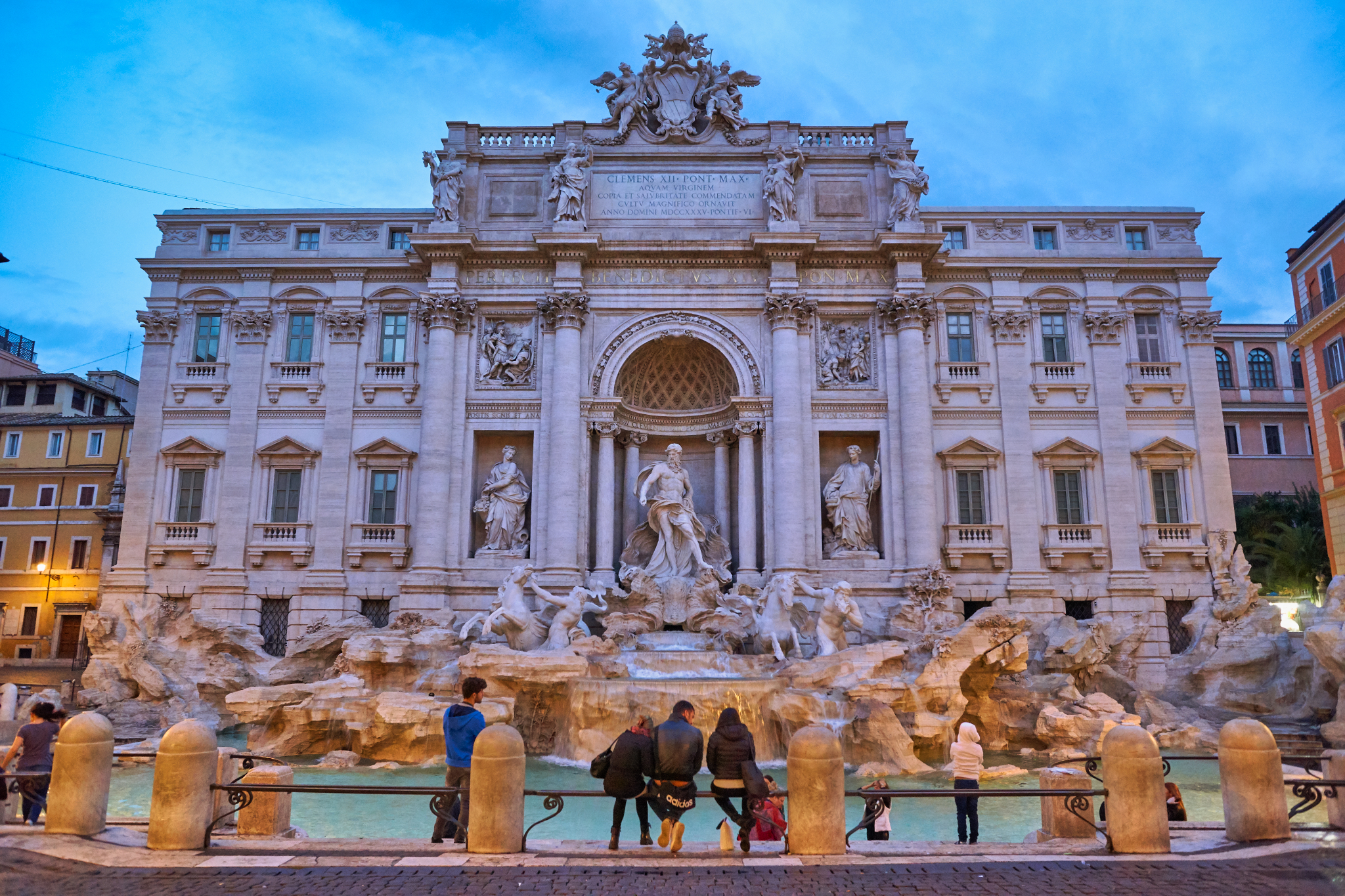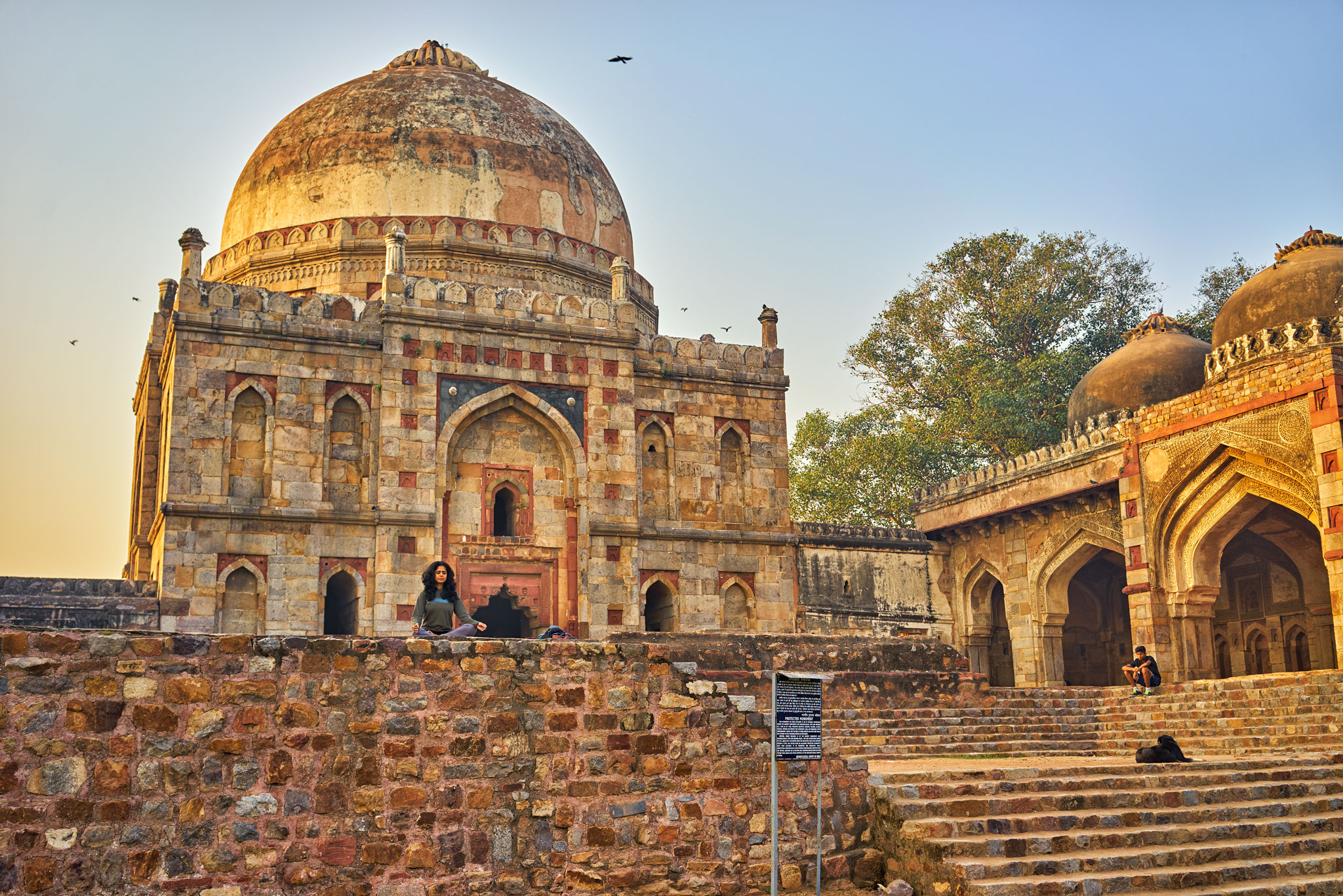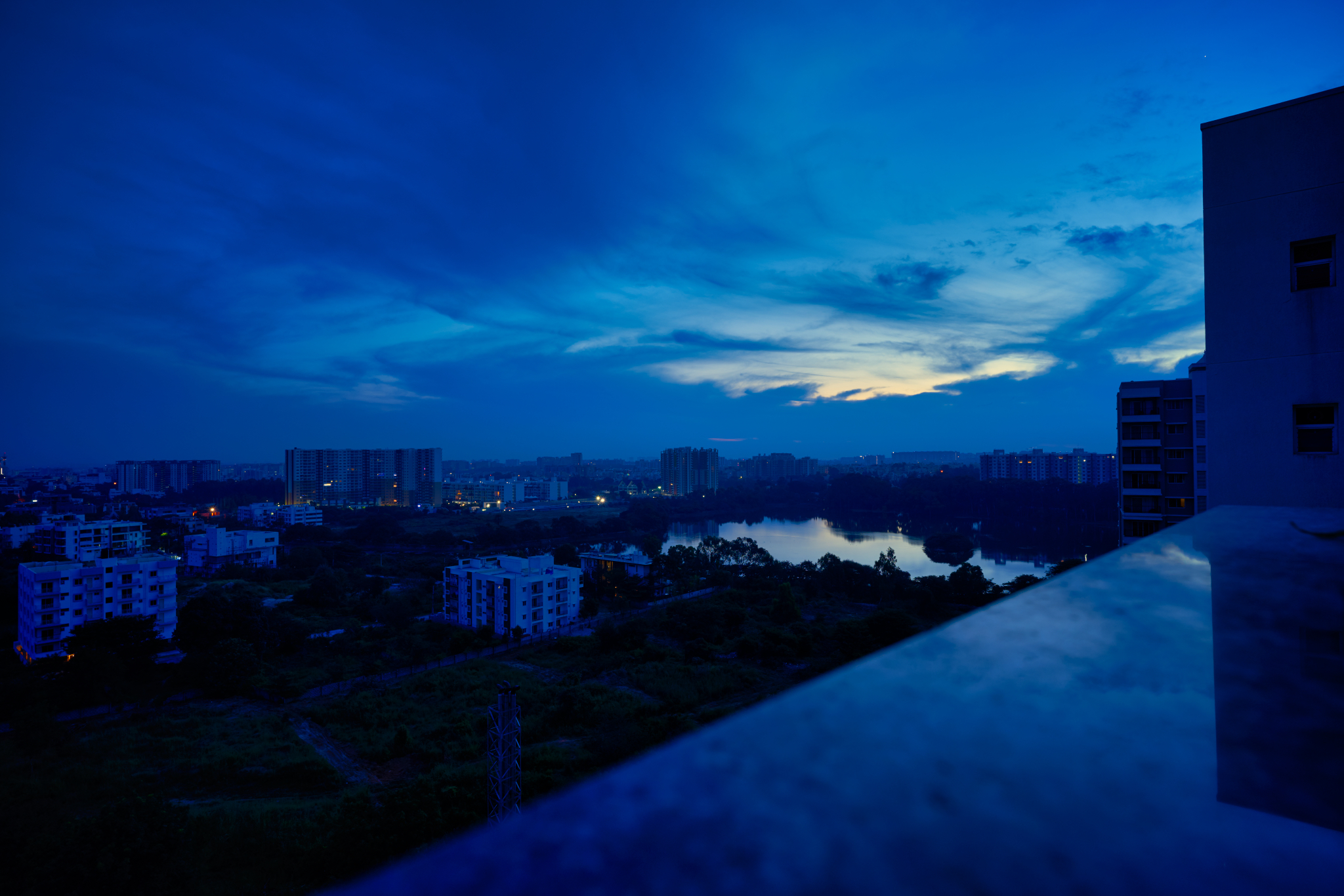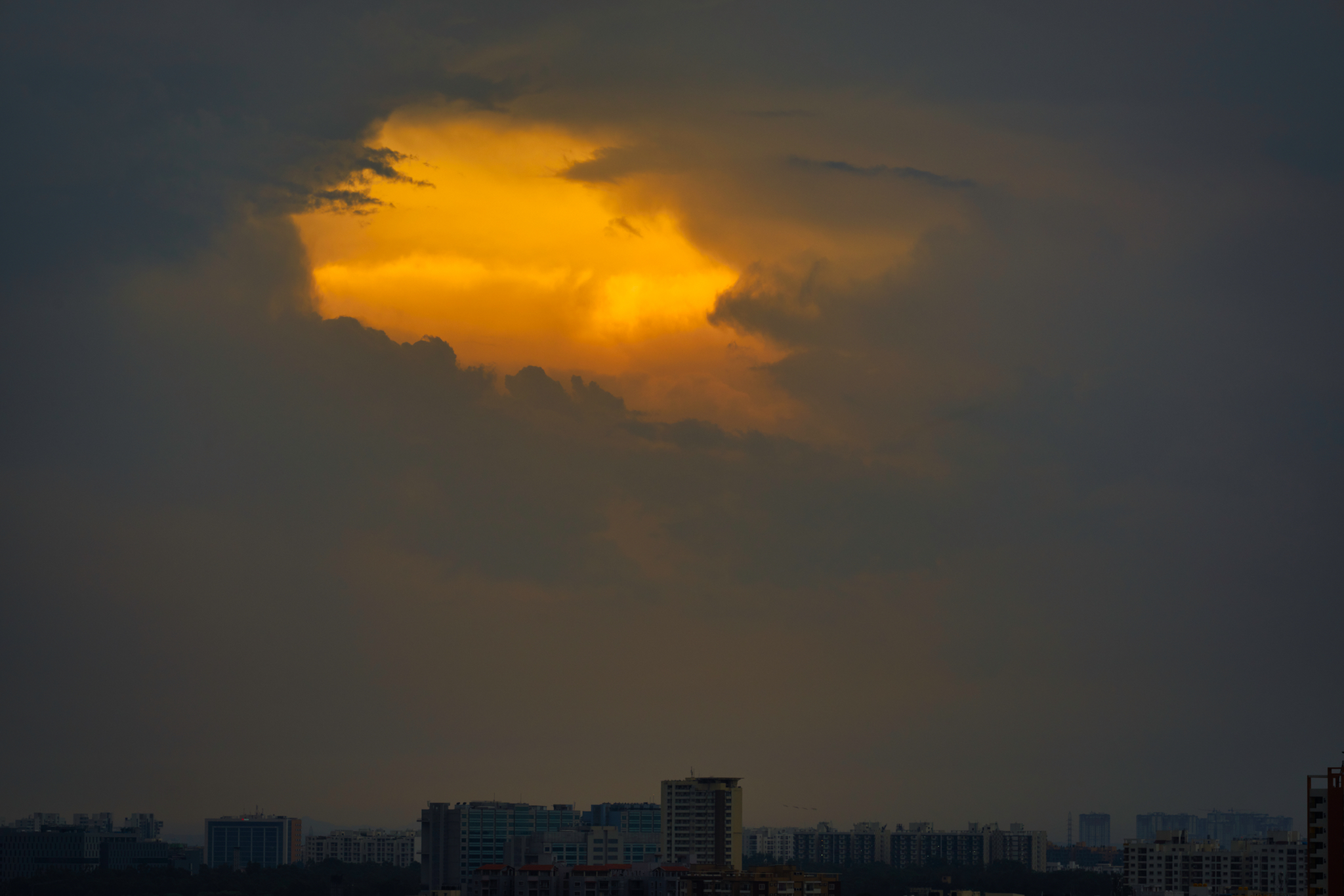It’s been about two weeks now that I’ve been practicing social distancing. As someone who loves to read, write, think, meditate, and is quite used to working remotely, it’s not been much of a challenge for me. In fact, it’s been quite an enriching experience to get an additional 3 hours per day—usually lost in driving to and from work—to reflect, contemplate, and travel inward. But how long can I continue to do this? Is this our future? Is this the new normal?
Some of you may consider my action on social distancing a bit of an overreaction considering the significantly low fatality rates of COVID-19. However, it’s important to point out that I’m the least bit concerned about what’ll happen if I do contract the virus. I’m more concerned about how I may pass it on to my family and to others that I may come in contact. The chain reaction of such an action may cause tremendous stress to the overburdened healthcare system of our country. If I don’t fall sick, I give an opportunity to the healthcare system to treat someone else who may contract the virus—especially someone who is more susceptible to the effect of the virus.
This blog by no means is an advocacy of what you should or should not do. I don’t consider myself of occupying a moral high ground or being more knowledgable than someone who may or may not read my random thoughts. I write because I love to and some of you think that my writing is insightful and inspiring. I write simply because it makes a positive difference in my life and I wish to transfuse the same positivity to the person who may be reading this.
Coming back to social distancing and what our future might hold. I strongly believe that our future is in our present. What we see today in our world may very well shape our lives in the near future. Nature may force us to reduce our footprint in order to restore the natural order of things … in order to restore balance. It’s quite encouraging to see the satellite images captured by European Space Agency’s Sentinel-5P satellite that show a significant reduction of pollution over China and Italy since the COVID-19 outbreak first started. I also hear that ducks are back in the Trevi fountain in Rome—a sight that I or probably no one of my generation have seen before.

However, I strongly feel that there’s got to be a better way to restore the balance. Why can’t we live with smaller footprints? Is it necessary to force the hand of nature? Is it necessary to continue to abuse the bountiful gifts that nature continues to provide us with despite our greed and reckless disposition? Can we not stop acting like a pathogen ourselves and for a change start living with compassion … in harmony with nature?
So, what can we do? Is there something we can do in our daily lives to make the world a better place to live in? While pondering, contemplating, and meditating on this question some answers are starting to manifest in my mind’s eye. A significant number of viruses originate from wild animals and birds that are not very sensitive to the virus and are often transmitted directly to humans or indirectly through livestock and/or poultry. A demand for consumption of animal protein by most of the 7.7 billion people on the planet is unsustainable to say the least. Can we not cut down the consumption of animal protein?
Some years back, while I was living in America, I had decided to give up eating meat after watching Food, Inc. The sheer brutality and unnatural process of industrial production of livestock and poultry to satisfy human consumption was quite revolting for my sensibilities. However, when I came back to India I did find more organic sources of meat and had started consuming it in moderation. However, after recently watching Pandemic: How to Prevent an Outbreak on Netflix, I’m seriously considering giving up eating chicken. I can no more see myself being part of a chain that contributes to the insatiable greed of us humans and encourages the unhygienic confinement of poultry resulting in spreading of deadly viruses. I’m quite hesitant to recommend this to my fellow citizens since that would surely have a huge impact on the economy of our country, which is already in deep distress. However, life is about tough choices and so is our freedom to choose.
Again, I digress! I had set out to write about social distancing and of coping with it and I ended up talking about the insatiable human greed. But again, I do believe greed and social distancing are connected by an invisible string. Nature seem to be reclaiming its spaces from a deadly pathogen—the human race.
Though it’s very much a reality, I don’t like the idea of thinking of ourselves as a pathogen. We can and must evolve from our selfish nature to a species who can live in harmony with nature. We can evolve to become more compassionate and responsible beings. Social distancing is giving us space … to think … to contemplate … to meditate … to travel inward.
Let us make the most of it. And then travel forward.


